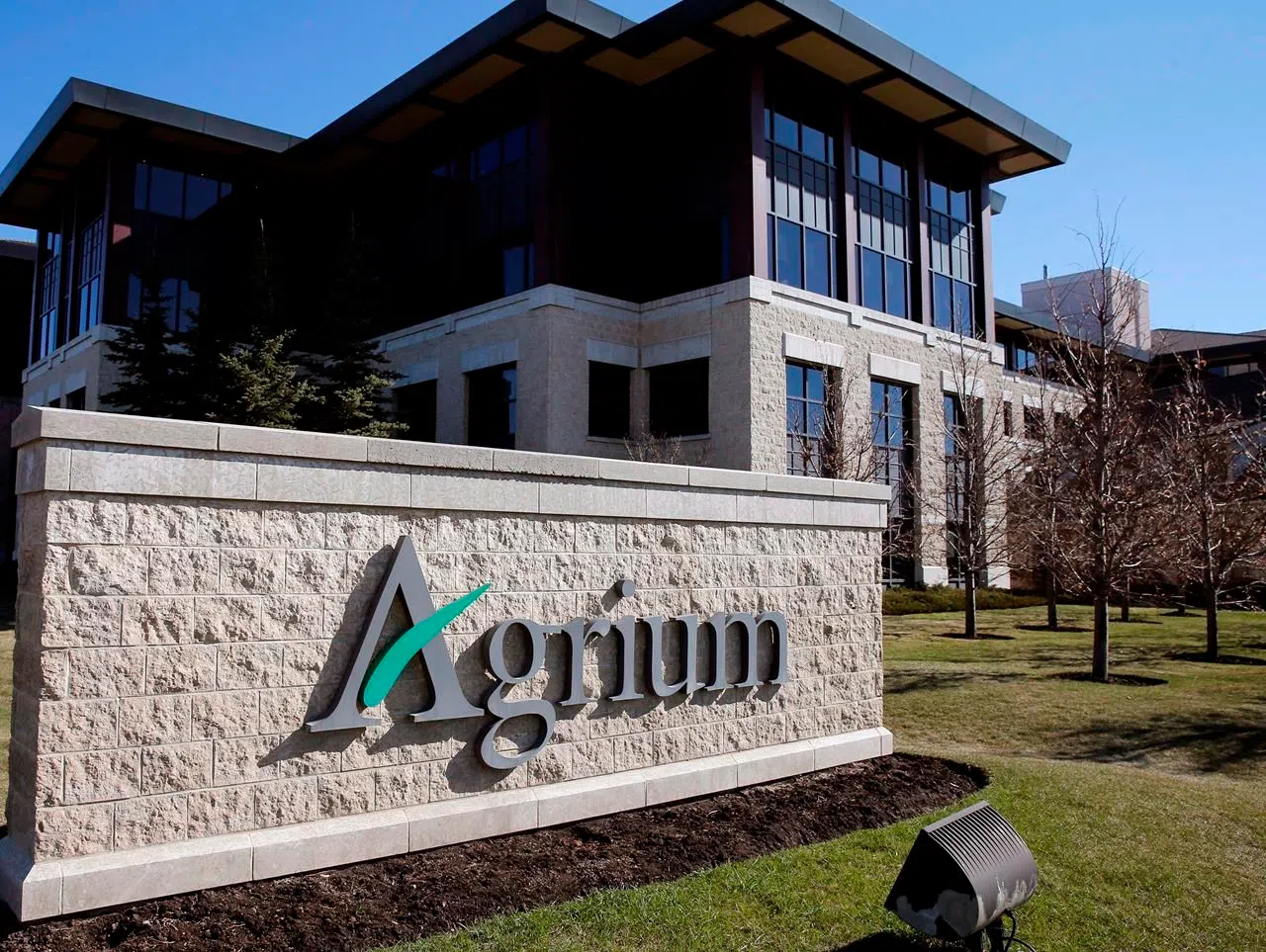
PotashCorp and Agrium agree to merge to create dominant agricultural player
CALGARY — Potash Corp. of Saskatchewan and Agrium have agreed to merge in a deal that would create a dominant player in the global agricultural industry worth an estimated US$36 billion.
The pact announced Monday brings together Saskatoon-based PotashCorp’s huge fertilizer mining operations with Calgary-based Agrium’s extensive global direct-to-farmer retail network, to create what they say will be the largest crop nutrient company in the world with close to 20,000 employees operating in 18 countries.
“We’re putting together the largest fertilizer producer with the world’s largest ag retailer, so the industrial logic in my eyes is really quite solid,” said Agrium CEO Chuck Magro, who will take on the same role in the combined company.
The combination of such big players in agriculture, however, has farmers and politicians concerned about a lack of competition at the expense of producers.


